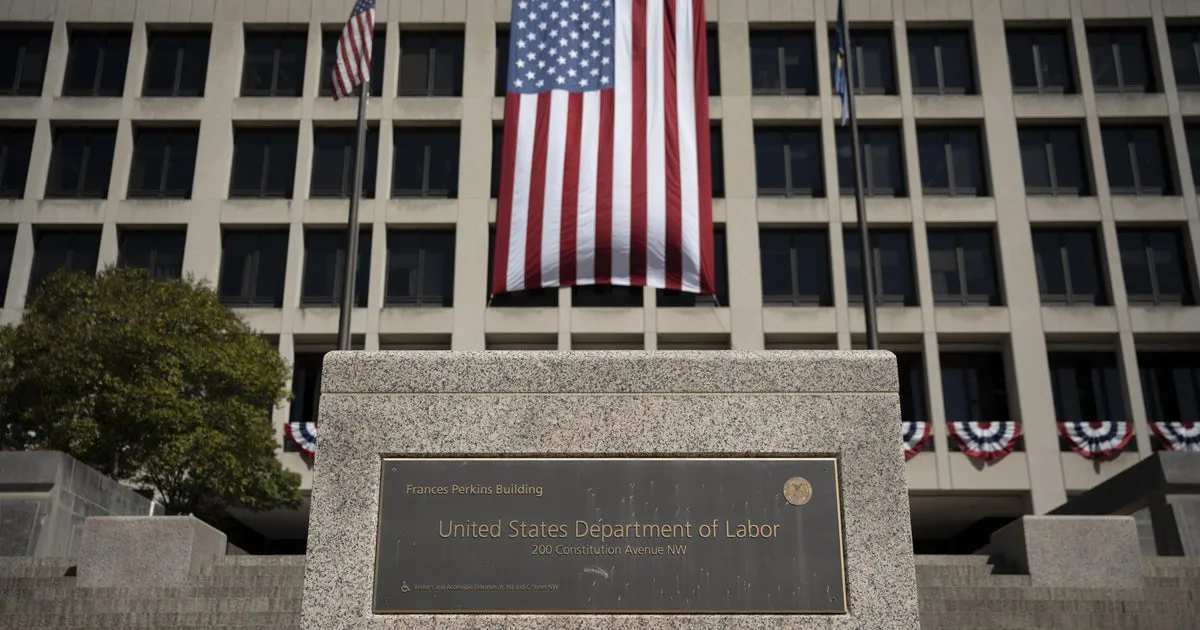
The Department of Labor's internal watchdog is initiating a comprehensive review of the Bureau of Labor Statistics (BLS) to assess its approach to collecting and reporting economic data. Laura Nicolosi, the assistant inspector general for audit at the Labor Department's Office of Inspector General, communicated this decision in a letter dated September 10 to acting BLS commissioner William Wiatrowski. The review will focus on how the BLS compiles and disseminates monthly inflation and jobs data.
In her letter, Nicolosi highlighted the Labor Department's recent announcement regarding significant downward revisions to its earlier payroll estimates. On Tuesday, the BLS reported that the U.S. labor market added over 900,000 fewer jobs in the 12-month period ending March 2025 compared to previous reports. This discrepancy raises concerns about the accuracy of the data being published by the BLS.
The BLS generates its monthly employment report by conducting separate surveys of households and businesses. Additionally, the Labor Department utilizes various measures to assess the job market, including tracking state unemployment claims. It is common for the Labor Department to issue revisions to figures from previous months as more comprehensive or accurate data becomes available.
The internal review will also scrutinize the methods employed by the BLS in collecting, reporting, and revising data for two critical indicators of inflation: the Producer Price Index and the Consumer Price Index. Nicolosi noted that recent data indicate a rise in inflation across the United States this year, prompting further examination of the BLS's data handling practices.
Adding to the scrutiny of the BLS, President Trump recently dismissed then-BLS commissioner Erika McEntarfer, accusing her of political bias following the Labor Department's July employment report, which reflected unexpectedly weak job growth and downward revisions of payroll gains for the preceding months. In an August 1 social media post, Trump stated, "I have directed my Team to fire this Biden Political Appointee, IMMEDIATELY. Important numbers like this must be fair and accurate; they can't be manipulated for political purposes."
The White House has directed inquiries regarding the ongoing probe to the Labor Department, which has not yet responded to requests for comment. A spokesperson for the Office of Inspector General indicated that they are unable to provide further comments or disclose information beyond what is publicly available on their website.
McEntarfer has defended the BLS's data collection efforts, emphasizing in a social media post that the bureau is staffed with dedicated statisticians and public servants who are committed to enhancing economic data, even amidst budgetary constraints affecting data collection.
The removal of McEntarfer and the questioning of the reliability of federal labor data have raised alarms among economists and policymakers. A statement from the National Association of Business Economists warned that losing trust in official statistics could lead to dire consequences for the financial markets and the broader U.S. economy, including increased volatility, decreased business investment, higher borrowing costs, and slower growth. Such repercussions would ultimately affect households, businesses, and global markets.